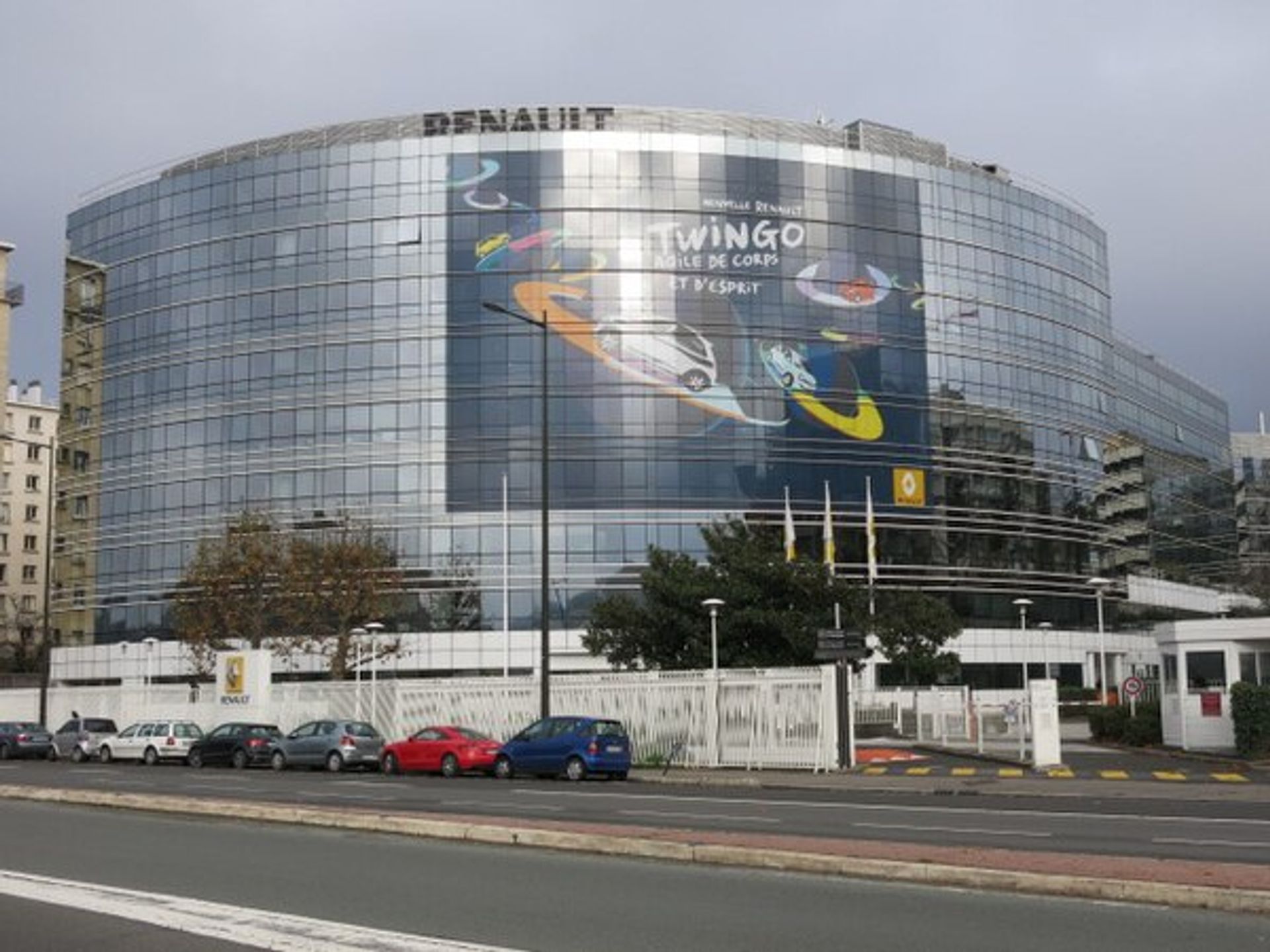
Nissan Motor Co. Ltd.
What do people say about Nissan Motor Co. Ltd.?
In Denmark, Nissan Motor Co. Ltd. is perceived as a company struggling to maintain relevance in a rapidly changing automotive market. Many consumers view the brand as outdated, failing to keep pace with competitors in terms of technology and electric vehicle offerings. The lack of compelling marketing initiatives and product launches has only further entrenched this negative perception. Additionally, environmental concerns and Denmark's strong push for sustainability have left Nissan's older models and lackluster electric options under scrutiny, diminishing their appeal among eco-conscious consumers.
Where are the conversations happening?
The perception of Nissan in Denmark is shaped by various sources, including automotive critics, consumer reviews, and social media discussions. Many automotive outlets criticize Nissan for its lack of exciting new models, while consumer feedback often highlights dissatisfaction with the brand's focus on traditional combustion engines rather than electric vehicles. Critical discussions predominantly occur in online forums and review sites, where comparisons with more innovative brands like Tesla and local manufacturers are commonplace. Danish media often spotlight environmental concerns, which further tarnish Nissan's image due to its slower transition to electric models.
What are the topics trending around Nissan Motor Co. Ltd.?
In Denmark, there is a growing conversation around electric vehicles, sustainability in automotive manufacturing, and the shift towards greener transportation solutions. This trend emphasizes the need for automotive brands to innovate or risk falling behind.
Why are these topics trending?
The focus on electric vehicles and sustainability directly impacts Nissan, as its current offerings do not align with the increasing consumer and governmental push for eco-friendly transportation options. With Denmark setting ambitious environmental goals, the automotive industry's response to these challenges is becoming a critical topic of discussion.
How is Nissan Motor Co. Ltd. being talked about?
Detailed breakdown of public sentiment and conversations about this entity.
Impact vs Sentiment
See how each entity's high impact percentage relates to their positive sentiment percentage from actual mentions.





